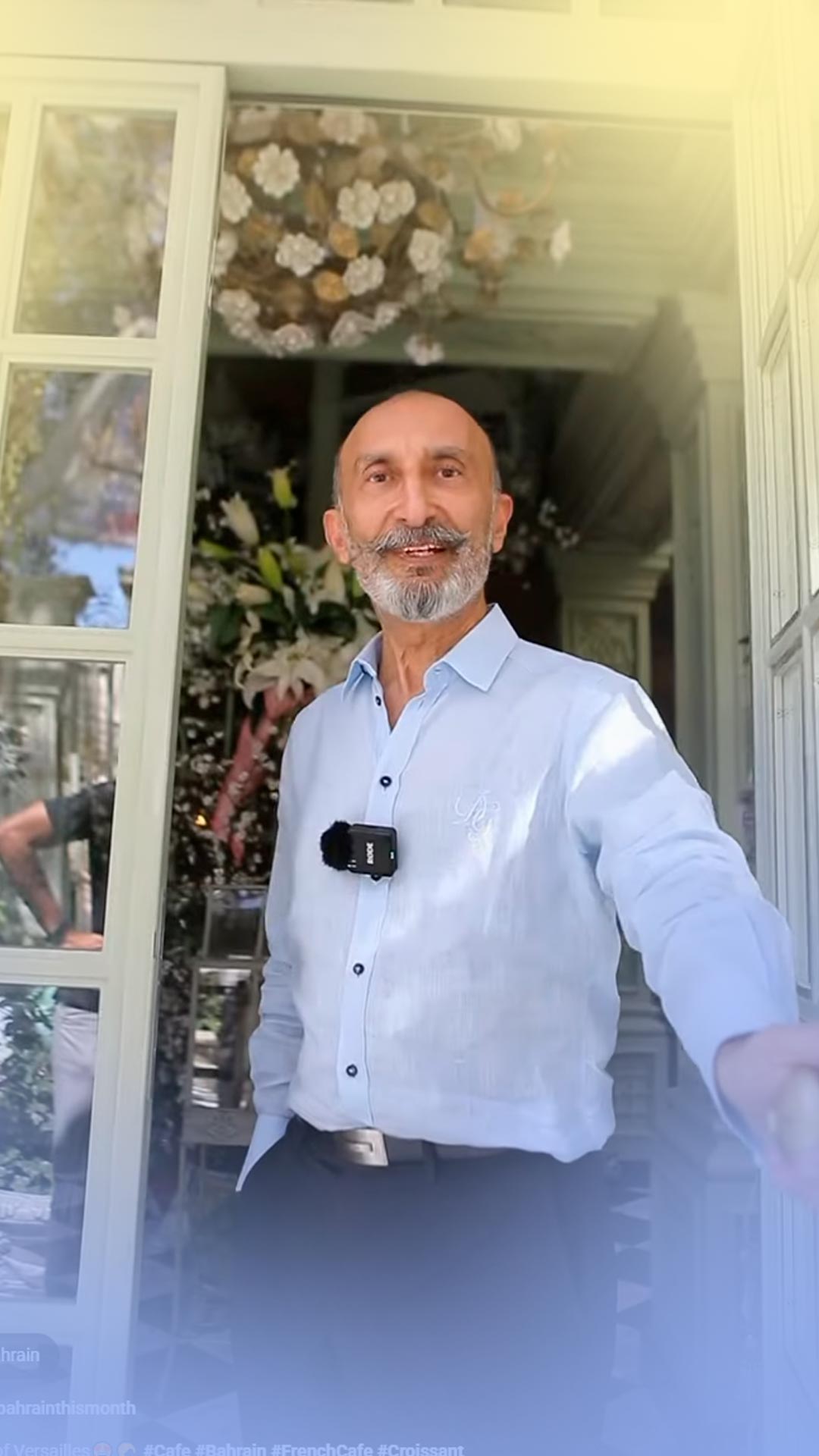










Financial Wellbeing - Moody Money
by: BTM - Tue, 03 Jun 2025
Business consultant Pria Masson explores how mood can sabotage your goal when it comes to the spending loop, and how to build better habits around spending.
When was the last time you bought something and felt this twinge of regret? It may have been a quiet voice inside reminding you the “timing was all wrong”. Yet, you swiped that card anyway. It’s not because you have no self-control, it’s likely because you let your mood drive a lot of practical actions – as do we all. How do we break this loop to become more mindful and in control of how we spend? Let’s dive in.
Understanding the Loop
The spending loop, or rather any behaviour loop, in its simplest form looks like trigger-action-reward. So, if you’re bored (trigger) and on Amazon, you are likely to click ‘add to cart’. In a lot of cases, simply adding to cart gives a level of satisfaction, purchasing it takes that reward to a higher level. If you’re thinking, why does this happen, why do I do this, it’s all about the dopamine that floods your brain and makes you feel better. Boredom is not fun – click a button, feel the dopamine and your afternoon just got better. 
Why we get into the loop
Let’s face it, money is an easily accessible tool these days. Even if you don’t have cash, credit cards give the illusion of having it and, the process of ‘just-one-click’, can feel more video game than real life.
Add to it the alternative band-aid solutions like food etc. – those are far more socially taboo. Spending on things that people around approve of and that get you accepted into a circle of privilege – that’s not taboo, that feels like a goal and is easily justifiable as a ‘necessity’. And so, we play.
Prediction Errors – Our brains don’t like them
What happens next? Often, its remorse or a subtle sense that the purchase didn’t feel as good as you expected. This is your brain’s prediction error response – where the expected reward doesn’t match the actual experience. Buyer’s remorse, basically. But this is also a learning opportunity. By recognising your own prediction error patterns, you gain insight into which spending choices feel worthwhile and which leave you feeling off. Over time, you can minimise this error – and reduce the sense of your spending being mindless or unnecessary.

What can you do about it?
You notice, you pause and you track. Just like you might notice you eat when you’re upset, observe if you also spend in your low moments. Is it your go-to fix for feeling powerless? Is it your celebration, or is it a way to get a reaction from someone else? Whatever the underlying trigger may be, the key is to notice what happens after the action. Your level of prediction error will tell you your true reaction. With that knowledge, you can start reducing the negative impact over time. That’s how you build a new habit loop – one shaped by a mindful money mind-set. Give it a try.
Pria Masson Tanwar writes about money, mindset and the habits that shape financial well-being. With years of experience in finance and a growing interest in human behaviour, she shares practical insights to help readers make more intentional financial choices.
www.priamasson.com @guide_my_idea
Tags #Pria Masson finance #financial wellbeing #emotional spending #money habits Bahrain #Financial wellbeing Bahrain #financial expert #btm june 2025








